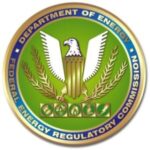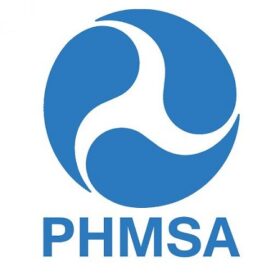INGAA’s comments respond to a “miscellaneous changes” proposed rule issued last November by the Pipeline and Hazardous Materials Safety Administration. They also express concern over a recent PHMSA interpretation requiring distribution integrity management plans for transmission line farm taps.
INGAA asked PHMSA to hold a public workshop or hearing to re-examine its regulations governing when transmission lateral lines have to be odorized. PHMSA is proposing an incremental change to regulations that have long been a source of controversy, confusion and conflict when applied in the field. INGAA proposed fundamental changes to the odorization regulations, with odorization determined by looking at configurations of lateral lines, including lateral lines that feed other lateral lines, rather than looking at each lateral line individually.
The comments also suggest clarifications to the proposed rule on inspection of construction activity. PHMSA’s suggested language could be interpreted to mean that pipeline construction work cannot be inspected by anyone who worked for the company that performed the work (whether a pipeline or a contractor) or who participated in any aspect of the construction project. INGAA proposed clarifying language allowing inspections to be performed by construction company personnel, provided the inspector did not perform the specific task being inspected.
The comments asked PHMSA to expand the list and sources of consensus standards that can be used to provide pressure ratings of pipeline components. INGAA also asked PHMSA to clarify that welded components rated under the American Society of Mechanical Engineers code do not require testing beyond the ASME code, and that new strength testing requirements for components be applied only prospectively. INGAA asked that similar prospective treatment be applied to a regulatory change affecting pipes that were transported before November 1970, where it cannot be documented that the transportation complied with the prevailing American Petroleum Institute Recommended Practice 5L.
The comments urged PHMSA to revise its proposed amendments to the qualification requirements for welders and welding operators, adding standards that were overlooked or omitted inadvertently. The comments support revising PHMSA’s proposed notice regulation for new pipelines operating at an alternative maximum operating pressure: under the proposed regulation, the notice period would be measured exclusively from the planned start date; under INGAA’s proposed change, the notice period could also be measured from the date the pipeline places a purchasing order for the pipe or pipe manufacturing begins.
Although the proposed rule did not address farm taps, the comments covered this issue. A recent PHMSA letter announced that farm taps are distribution lines and, consequently, are subject to PHMSA’s regulations governing distribution facilities. INGAA presented a lengthy argument noting that farm taps are federally certificated transmission facilities, that PHMSA has historically regarded farm taps as transmission lines, and that PHMSA should continue to allow interstate transmission operators to continue to treat farm taps as part of the interstate transmission system. The comments announced that INGAA is prepared to submit a petition for rulemaking if the farm tap issue is not addressed in this docket.







